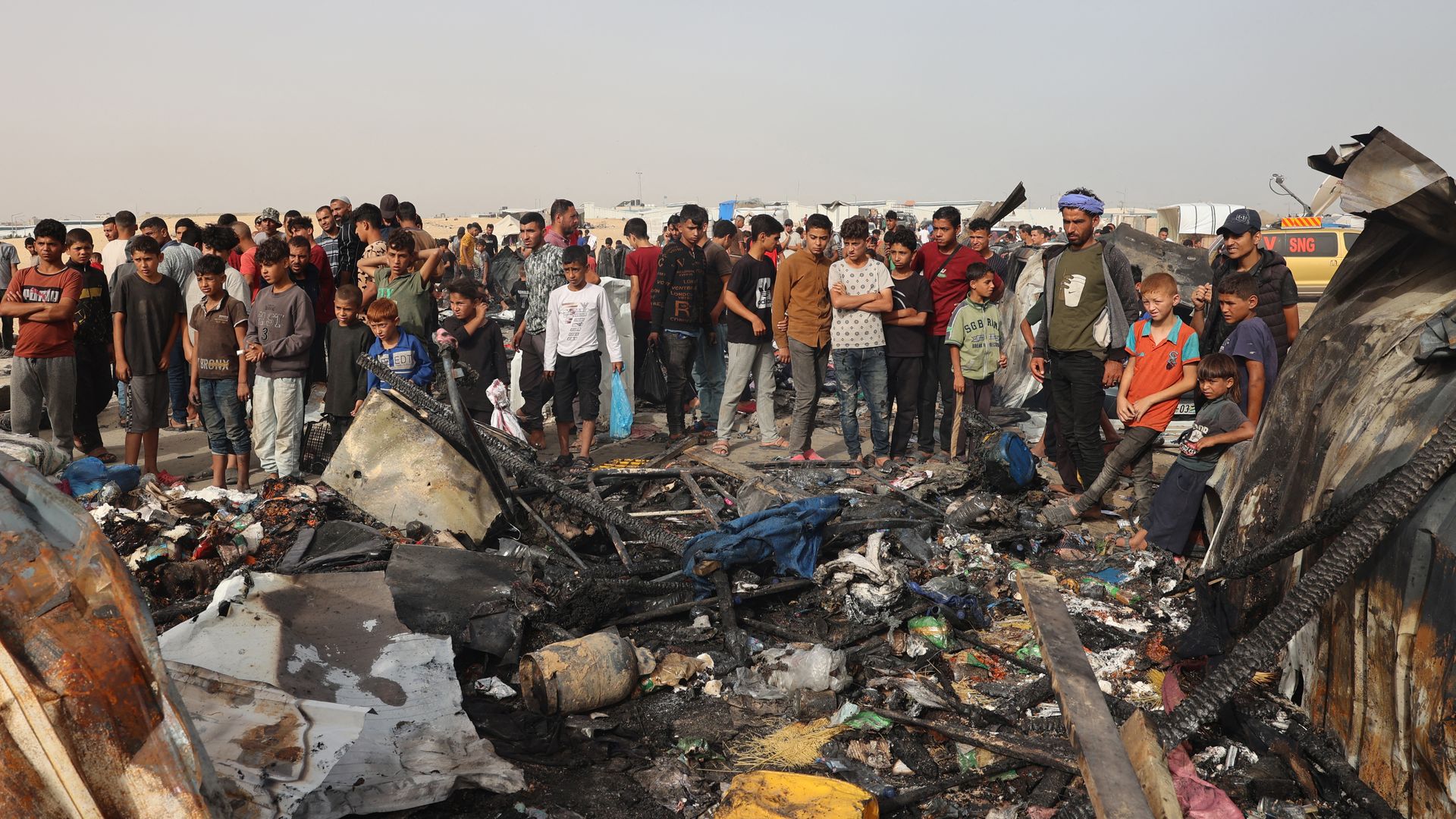The United Nations Security Council is set to convene an emergency meeting following a significant escalation in the Israel-Gaza conflict, marked by a deadly airstrike on the Rafah border crossing. The strike has resulted in numerous casualties and has intensified international calls for an immediate ceasefire and humanitarian intervention.
The Rafah Strike
On May 23, 2024, an airstrike targeted the Rafah crossing, a critical lifeline for Gaza’s population, allowing passage of goods and people between Egypt and Gaza. The attack resulted in the deaths of dozens of civilians, including women and children, and left many more injured. The incident has sparked outrage and condemnation from various international organizations and governments.
Immediate International Reactions
United Nations: The UN Secretary-General, António Guterres, condemned the airstrike, calling for an immediate end to hostilities. “The violence must stop. The suffering and destruction in Gaza are unacceptable,” Guterres said in a statement. The UN has been urging both sides to engage in dialogue and ceasefire negotiations.
Human Rights Organizations: Several human rights groups, including Amnesty International and Human Rights Watch, have labeled the Rafah strike as a potential war crime, calling for an independent investigation into the incident.
Global Leaders: Leaders from around the world have expressed their concern and called for restraint. The European Union, through its High Representative for Foreign Affairs, Josep Borrell, has emphasized the need for urgent de-escalation and has pledged support for humanitarian aid to Gaza.
The UN Security Council Meeting
The UN Security Council’s emergency meeting, scheduled for May 24, 2024, aims to address the escalating violence and explore pathways to peace. Key agenda items include:
- Ceasefire Negotiations: Discussions on establishing an immediate and comprehensive ceasefire between Israel and Hamas.
- Humanitarian Aid: Addressing the urgent need for humanitarian assistance in Gaza, including medical supplies, food, and shelter for displaced persons.
- Investigative Mechanism: Proposing the establishment of an independent investigation to probe the Rafah strike and other incidents of violence against civilians.
Historical Context
The Israel-Gaza conflict has been marked by periodic escalations, with significant civilian casualties on both sides. The current conflict reignited in early 2024 following a series of violent clashes in Jerusalem, leading to rocket attacks from Gaza and retaliatory airstrikes by Israel. The Rafah strike is one of the deadliest incidents in this latest round of fighting.
Humanitarian Impact
The humanitarian situation in Gaza has deteriorated rapidly. The blockade, combined with relentless airstrikes, has crippled infrastructure, leading to shortages of essential services. Hospitals are overwhelmed with casualties, and there is a dire need for medical supplies and personnel.
Calls for Peace
There is a growing international chorus calling for a sustainable peace solution. Various nations and international bodies are advocating for renewed peace talks, emphasizing the importance of a two-state solution to ensure lasting peace and security for both Israelis and Palestinians.
As the UN Security Council prepares for its emergency meeting, the world watches closely, hoping for a breakthrough that can bring an end to the cycle of violence. The Rafah strike has underscored the urgent need for international intervention and a concerted effort towards peace and humanitarian relief in Gaza.
For continuous updates on the Israel-Gaza conflict and other major news, stay tuned to DailyHawk.


